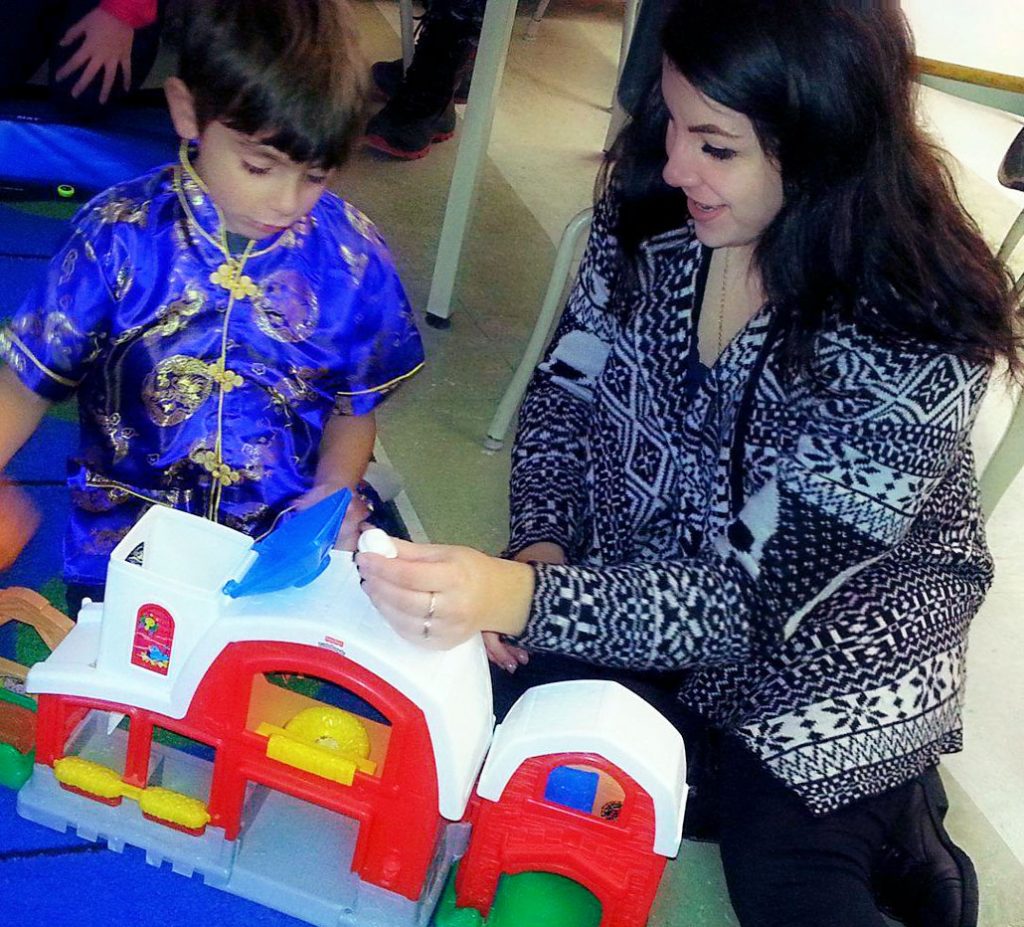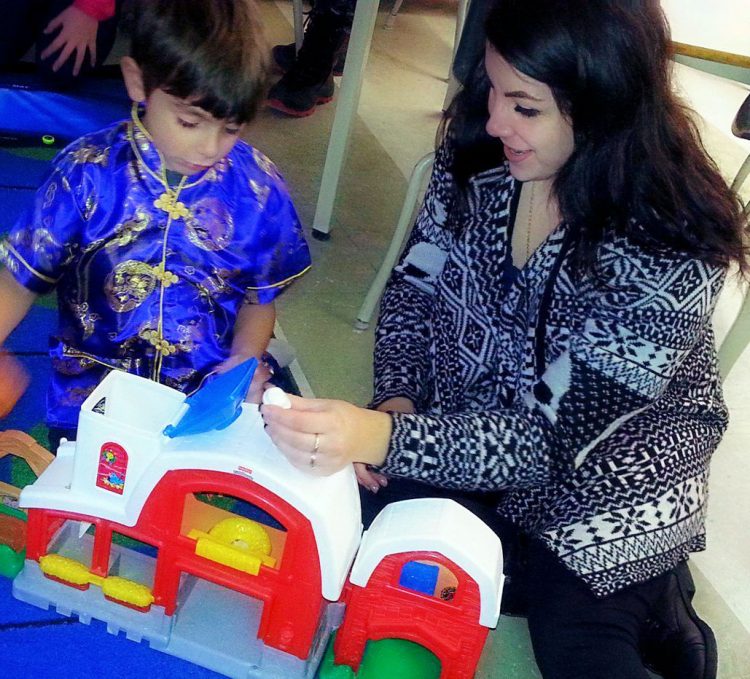No products in the cart.
PLAR Program helps people return to class and graduate sooner
 The Prior Learning Assessment and Recognition (PLAR) program permits people who did not graduate high school to gain credits for life experiences, allowing them to return to class and graduate sooner.
The Prior Learning Assessment and Recognition (PLAR) program permits people who did not graduate high school to gain credits for life experiences, allowing them to return to class and graduate sooner.
PLAR is offered through the TR Leger School of Adult, Alternative and Continuing Education. The program is open to students 18 or older who have been out of regular day school at least ten months. Mature students can be awarded up to 26 high school credits based on their ability to do Grades 9 and 10 level work, as well as their employment, volunteer and other experiences.
“You’re much closer to your high school diploma than you think,” explained David Mowat, a teacher at TR Leger. “PLAR can accelerate your progress. We look at what you’ve learned throughout your adult life and can grant credits for those experiences. It gets you closer to your diploma. It could take you as little as four more credits to graduate.”
PLAR applicants meet with a TR Leger staff member who reviews their transcript and resumé to see if they can benefit. If so, students undergo assessments evaluating their ability to learn Grades 9 and 10 level course material in English, geography/history, science and mathematics. They can be awarded Grades 9 and 10 credits based on results of those assessments.
They also complete a Senior Equivalency Credit Application, used to evaluate a person’s work and life experiences. Based on the results, the school can grant Grades 11 and 12 credits in recognition of knowledge gained through parenting, work experience, entrepreneurship, leadership opportunities, clubs and volunteer work. For instance, if a student has experience in the work world, they can qualify for a credit in “Navigating the Workplace.” A parent may earn a credit in “Raising Healthy Children.”
Students can earn up to 16 credits at the Grades 9 and 10 level and ten credits for Grades 11 and 12, said Mowat. All students must still complete a minimum of four Grades 11 and 12 courses to earn their diploma.






